Question And Answer
Publications
Articles, publications, books, tools and multimedia features from the U.S. Institute of Peace provide the latest news, analysis, research findings, practitioner guides and reports, all related to the conflict zones and issues that are at the center of the Institute’s work to prevent and reduce violent conflict.

Scott Worden on Afghan Elections and the Peace Process
A week and a half after Afghan presidential polls, the results remain unclear. But, we do know that turnout was historically low, largely due to dire security conditions. Meanwhile, with the peace process stalled, USIP’s Scott Worden says the upsurge in U.S. military operations against the Taliban is a “pressure tactic, not a victory strategy.”
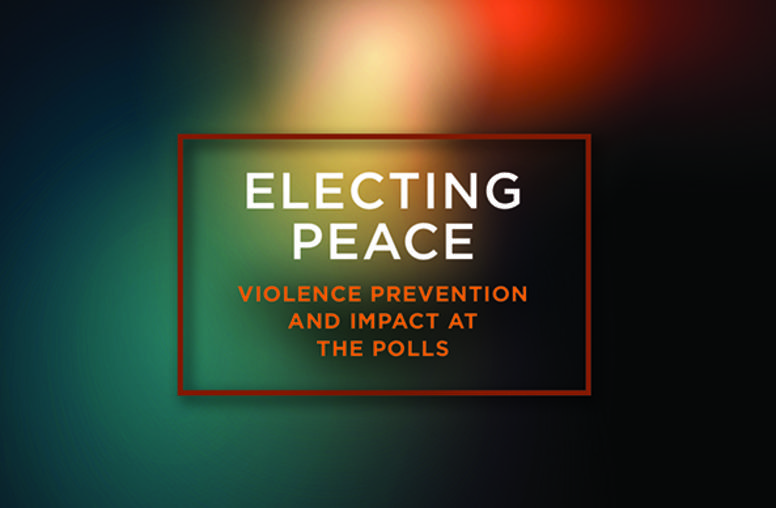
Electing Peace
Electing Peace: Violence Prevention and Impact at the Polls examines election violence prevention and assesses the effectiveness of different prevention practices—which are effective, which are not, and under what circumstances.
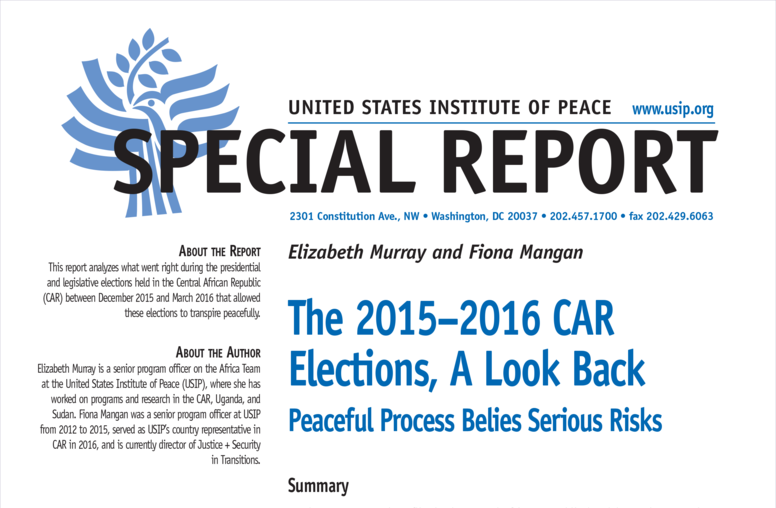
The 2015–2016 Central African Republic Elections, A Look Back
Plagued by successive coups and waves of violent conflict since its independence in 1960, the Central African Republic managed to hold its first peaceful elections in late 2015 and early 2016. Fears of widespread violence proved unfounded. This report focuses on what went right in those elections and how those conditions have not held a year later, allowing violence to return to the country.
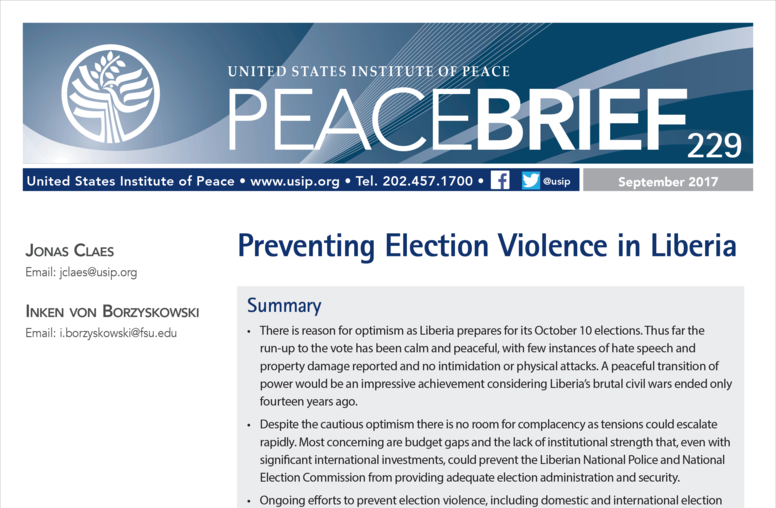
Preventing Election Violence in Liberia
Liberia will hold presidential and legislative elections on October 10. The run-up to the vote has been primarily peaceful, and the country has engaged in ongoing efforts to prevent election violence. This Peace Brief, based on USIP research, assesses the risk of election violence and the scope of violence prevention efforts, and provides recommendations for ongoing prevention.
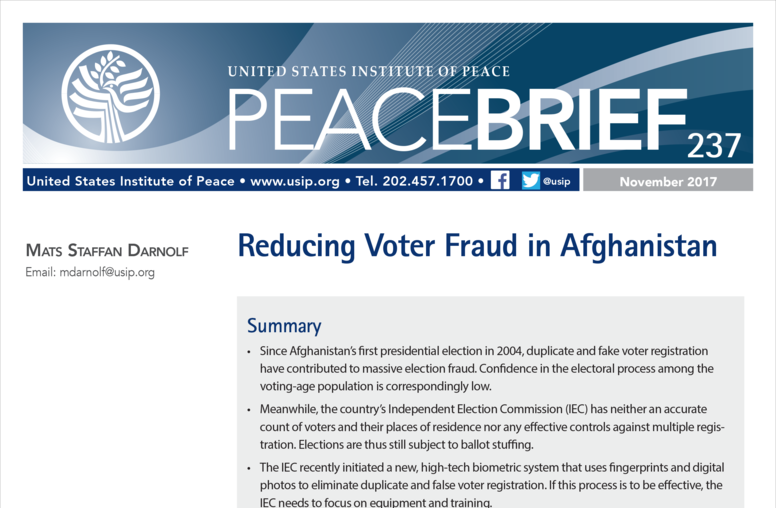
Reducing Voter Fraud in Afghanistan
Since Afghanistan’s first presidential election in 2004, massive election fraud and malpractices have been the rule. Confidence in the electoral process among the population is correspondingly low. As this Peace Brief explains, a new biometric voter registration system has...
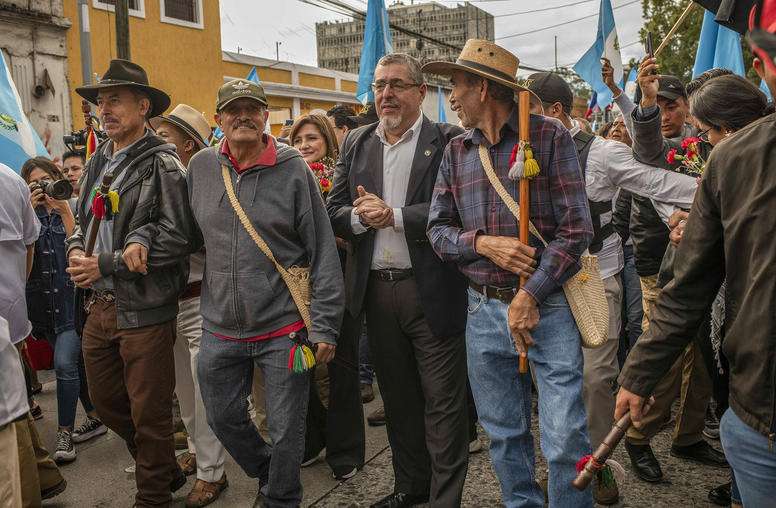
De Constructor de Paz a Presidente: los Desafíos que enfrenta Arévalo en Guatemala
El nuevo presidente de Guatemala, Bernardo Arévalo, ha desafiado repetidamente las expectativas: primero, al terminar inesperadamente en segundo lugar en la primera vuelta de las elecciones presidenciales el pasado junio; luego, al ganar la segunda vuelta por un amplio margen en agosto, y finalmente, al sobrevivir a una avalancha de retos legales antes de su toma de posesión el 14 de enero.

From Peace Builder to President: The Challenges Facing Guatemala’s Arévalo
Guatemala’s new president, Bernardo Arévalo, has repeatedly defied the odds: first by unexpectedly surging to second place in his country’s first-round presidential elections last June; next by winning the final round by a landslide in August, and then by surviving an onslaught of legal challenges in the run-up to his January 14th inauguration.
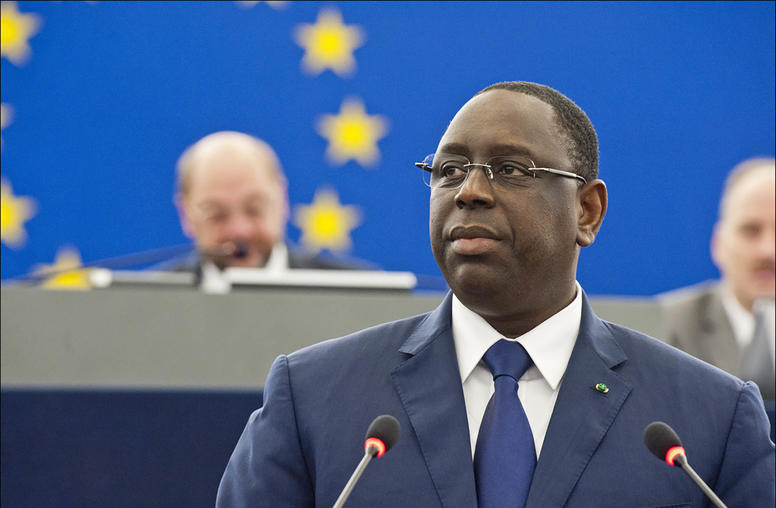
Suddenly, Senegal Is a New Risk for Democracy in Africa
The sudden actions by Senegal’s president to postpone this month’s presidential election by 10 months threaten to seriously undermine political stability and peace in a nation that has been a resilient democracy in West Africa, where multiple military coups d’état have occurred in recent years. This move poses risks of authoritarianism, violence and economic setbacks for Senegal’s 17 million people, and deeper regional insecurity. Friends of Senegal and democracy, in the United States, Africa and beyond, must unite behind the clear desire of Senegal’s people to maintain peaceful, freely elected democracy under its constitution.
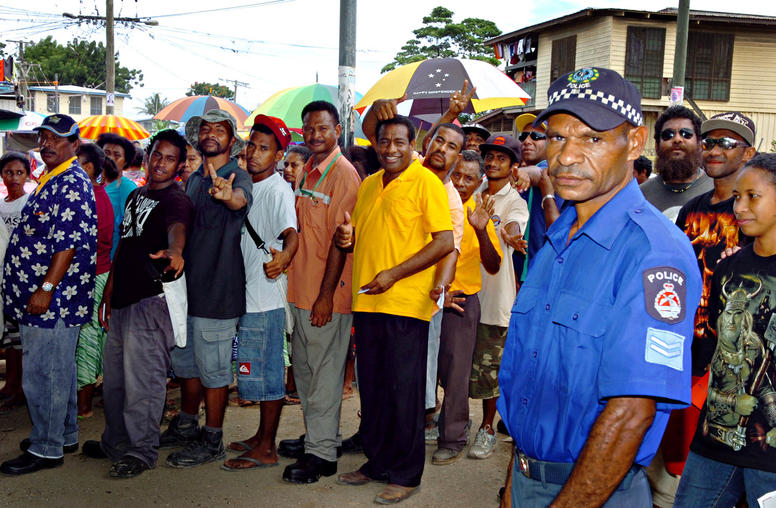
In the Pacific, Corruption and Poor Policing Open a Door to China
After the Pacific’s largest island nation, Papua New Guinea, recently suffered deadly rioting that included police, an official last week announced a Chinese offer to help strengthen its police force. That sequence exemplifies a rising challenge for democracy and stability in the Pacific: Many island nations suffer corruption and deficient policing that undermines the rule of law. This gap in responsive governance lets China seek influence through technical assistance drawn from its authoritarian model of policing. In response, democracies must reshape narrow, outdated approaches to security assistance.
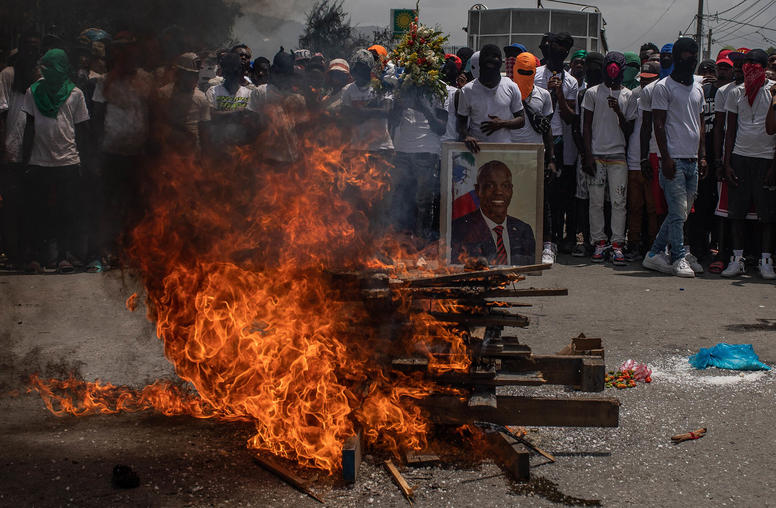
Wanted: A Reset of Haiti Policy
Haiti’s governance vacuum triggered by President Jovenel Moïse’s assassination in July 2021 shows few encouraging signs. Violence, notably around Port-au-Prince, has not only grown in lethality, but politically has become the central issue shaping domestic and international discussions. The imminent expiration of acting Prime Minister Ariel Henry’s term in office on February 7 means Haiti’s political crisis is on course to become more intransigent.